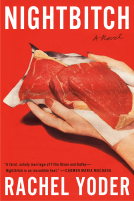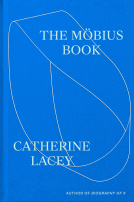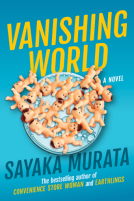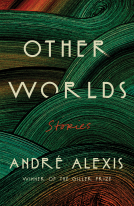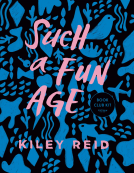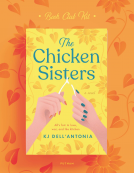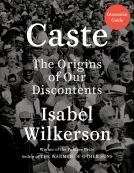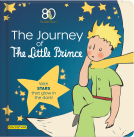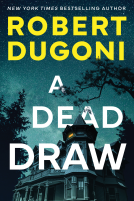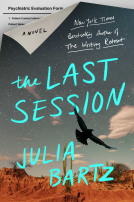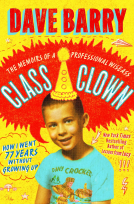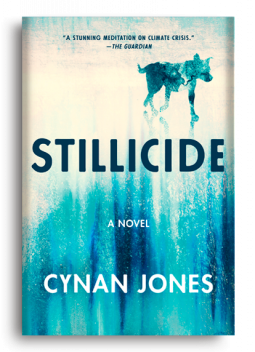
Stillicide
A Novel
by Cynan Jones
This title was previously available on NetGalley and is now archived.
Send NetGalley books directly to your Kindle or Kindle app
1
To read on a Kindle or Kindle app, please add kindle@netgalley.com as an approved email address to receive files in your Amazon account. Click here for step-by-step instructions.
2
Also find your Kindle email address within your Amazon account, and enter it here.
Pub Date Nov 17 2020 | Archive Date Nov 17 2020
Talking about this book? Use #Stillicide #NetGalley. More hashtag tips!
Description
A powerful climate crisis story about love and loss that offers a glimpse of a tangible future in which water is commodified and vulnerable to sabotage that is "close to perfect," "imaginative and far reaching," and "very human and deadly serious" (The Guardian).
Water is commodified. The Water Train that serves the city increasingly at risk of sabotage.
As news breaks that construction of a gigantic Ice Dock will displace more people than first thought, protestors take to the streets and the lives of several individuals begin to interlock. A nurse on the brink of an affair. A boy who follows a stray dog out of the city. A woman who lies dying. And her husband, a marksman: a man forged by his past and fearful of the future, who weighs in his hands the possibility of death against the possibility of life.
From one of the most celebrated writers of his generation, Stillicide is a moving story of love and loss and the will to survive, and a powerful glimpse of the tangible future.
Advance Praise
Science Focus, 1 of 10 Best Science Books of the Year (UK)
"As we are drip-fed more details, the stories pool together into a pellucid portrait of a broken world . . . Less a linear narrative than a layering of images, Stillicide is an exercise in matching literary form to a visual idea: as Cynan Jones’s sparse, clear words accumulate down the page, we are left feeling the chill of a slowly melting iceberg." —Clare Saxby, The Times Literary Supplement
"Fragmented, marvellously compressed . . . The radical distillation of language, the sense that every word has been individually chosen, results in a blunt perfection that heightens this effect. Narrative exists, but it is secondary to form. On first encounter at least, the pleasures Stillicide offers appear to be more aesthetic than dramatic . . . With recent novels from Megan Hunter, Jenni Fagan, Richard Powers, Ben Smith, John Lanchester and Ghosh himself working hard to imagine the effects of climate crisis at both the global and the personal level, Stillicide can be added to the growing roster of powerful and urgent meditations on the future. As a tract of written language, it is close to perfect. As a repository for ideas, it is imaginative and far reaching. As a story of and for our times, it is very human, and deadly serious." —Nina Allen, The Guardian
Available Editions
| EDITION | Other Format |
| ISBN | 9781646220137 |
| PRICE | $15.95 (USD) |
| PAGES | 176 |
Links
Featured Reviews
 Reviewer 499835
Reviewer 499835
There is a lot going on here that I loved. The imagery, and the flow, and the underlying sense of urgent, life-or-death matters, and the quiet fatalism of this prose all blend together to make this work a satisfying read. Some reviewers felt a little adrift given the formlessness of the storytelling but I enjoyed the drift and flow. On the page the language is poetic but it also feels a little distancing. I felt critical of the way the women characters in particular seem more like abstractions than living characters. But this could well be an artifice of the minimalist style, and I have the feeling that in its original expression, as a series of radio plays, this feeling wouldn't be so strongly present.
